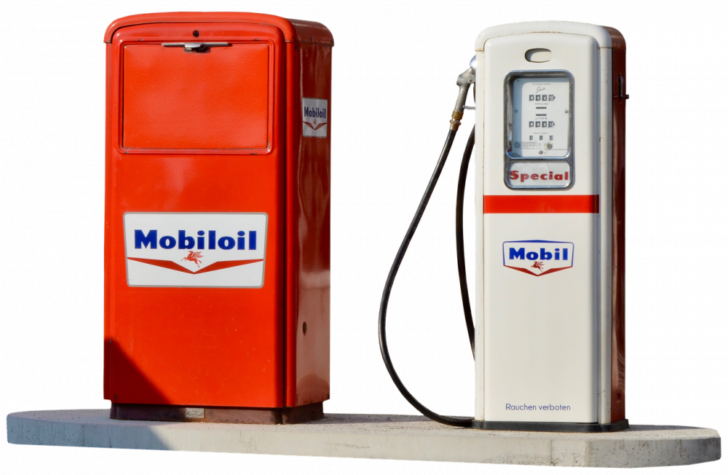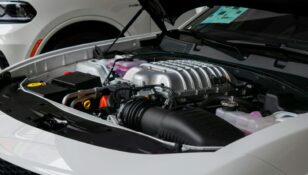”Diesel Cars in 2023: Is it Worth Buying

”
Diesel Cars in 20
Is it Worth Buying?

Introduction:
In this article, we will explore the question of whether it is advisable to purchase a diesel car in 2023. We will provide an in-depth overview of the current state of diesel cars, including different types, their popularity, and quantitative measurements. Furthermore, we will compare the various factors that differentiate diesel cars and discuss the historical advantages and disadvantages associated with them. Lastly, we will focus on the crucial decision-making factors that car enthusiasts consider when buying a vehicle.
An Overview of Diesel Cars in 2023
Diesel cars have long been a popular choice among car buyers due to their high torque, fuel efficiency, and reliability. However, recent developments in environmental regulations and the increasing popularity of electric vehicles have raised questions regarding the viability of diesel cars.
Despite the concerns, diesel cars continue to evolve and adapt to meet stricter emissions standards. Manufacturers now offer a range of advanced diesel engines equipped with technologies like selective catalytic reduction (SCR) and diesel particulate filters (DPF). These innovations aim to minimize harmful emissions and mitigate environmental impacts.
Types and Popularity of Diesel Cars in 2023
Diesel cars come in various types, including sedans, SUVs, and hatchbacks. Each type caters to different consumer preferences and needs. For instance, SUVs are popular among families due to their spacious interiors and towing capabilities, while hatchbacks appeal to urban dwellers seeking compact yet efficient vehicles.
In terms of popularity, diesel cars have seen a decline in recent years, mainly due to negative perceptions surrounding diesel emissions and the increasing interest in electric and hybrid vehicles. However, they still maintain a significant market share, particularly in regions where long-distance driving or heavy towing is common.
Quantitative Measurements of Diesel Cars in 2023
To objectively assess the performance and efficiency of diesel cars in 2023, several quantitative measurements need consideration. These include fuel economy, emission levels, power output, and torque.
Studies have shown that modern diesel engines can achieve impressive fuel efficiency, often surpassing their gasoline counterparts. Additionally, due to advancements in emission control systems, diesel cars are becoming cleaner and emitting lower levels of pollutants such as nitrogen oxides and particulate matter.
Differentiating Factors among Diesel Cars
Despite belonging to the same category, diesel cars can differ significantly based on various factors, including engine capacity, technology, and brand. Different engines may prioritize either power or efficiency, depending on the intended use. Additionally, specific brands may have reputations for better reliability, resale value, or performance.
Moreover, the availability of alternative fuel options, such as bio-diesel or synthetic diesel, should also be considered when comparing different diesel car models.
Historical Analysis of Pros and Cons of Diesel Cars
A historical analysis of diesel cars reveals both advantages and drawbacks. Diesel cars typically offer better fuel efficiency and higher torque, making them suitable for long-distance driving or towing. Additionally, their engines tend to be more durable and require less maintenance.
However, diesel cars have faced criticism in terms of higher upfront costs, stricter emission regulations, and concerns about pollutants affecting air quality. Furthermore, diesel engines might not be the best choice for short city commutes, where emission regulations are particularly stringent.
Key Decision-Making Factors for Car Enthusiasts
When buying a car, enthusiasts consider several key decision-making factors. These include performance, fuel efficiency, reliability, maintenance costs, safety features, resale value, and overall driving experience.
Enthusiasts seek a balance between power and fuel efficiency, favoring brands known for their reliability and high resale value. Safety features, such as advanced driver-assistance systems, are also crucial considerations. Additionally, maintenance costs, including periodic servicing and potential repair expenses, play a significant role in the decision-making process.
Conclusion:
While the popularity of diesel cars has declined in recent years, they still offer distinctive advantages and continue to evolve to meet stringent emission standards. The decision of whether to purchase a diesel car in 2023 ultimately depends on individual needs, preferences, and driving habits. By carefully considering the pros and cons, as well as key decision-making factors, car enthusiasts can make an informed choice that aligns with their requirements and values.

















